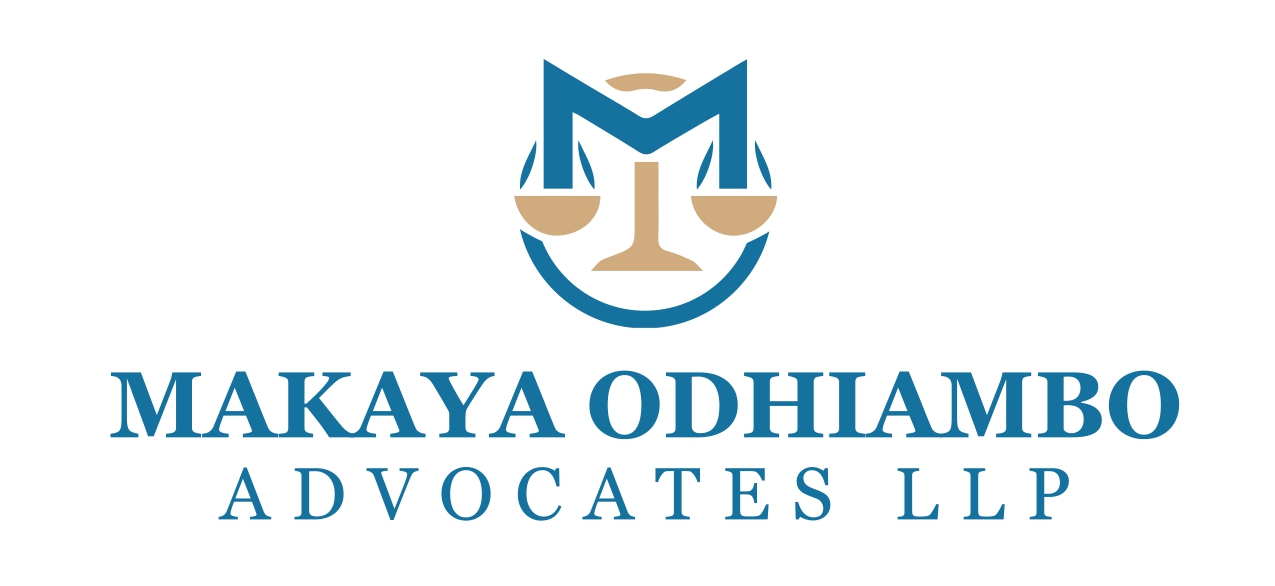Have you ever wondered what form of justice system existed in our cultures, before the existing one? According to records by missionaries and British administrators in Rabai in the 1800s, murder had human compensation (2 children, male and female) plus ‘blood money’ from the perpetrator’s family to the deceased’s family.

Blood money is compensation to the family of one who has been killed. It is not the first time we are interacting with the term. Some historians believe the reason for Bantus’ ‘expulsion’ from Shungwaya is failure to pay blood money to the Oromo for killing one of their own. In this Rabai restorative justice, H. B. Johnstone provides the details from his time in Rabai in 1898 and 1899 working for the British East Africa Protectorate settling civil and criminal cases. His Digo cook also related to this kind of restorative justice from his own Digo people. As practised by the Rabai and also relatable to Johnstone’s Digo cook, children exchanged as compensation were not to be put in servitude/slavery. They were to be accepted and raised as any other children in the deceased’s family and occasionally allowed to visit their blood relations.
One occasion where someone was absolved from paying human compensation and blood money was when a farmer killed an intruder who had entered his farm after dark. In all instances, defendants took a solemn oath by raising the right hand and pronouncing the words “Mulungu mmoja!”. It seems that this kind of restorative justice was practised by a number of the Mijikenda tribes if the relatable support of Johnstone’s Digo cook is anything to go by. Something noteworthy is the amount of blood money varied with the age and rank of the deceased.
Do you have any tales of restorative justice from your community? Please share to keep our history and cultural conversations alive.
Sources; ‘Notes on the Customs of the Tribes Occupying Mombasa Sub-District, British East Africa’ by H. B. Johnstone.
SUPPORT: We are a non-funded entity kept alive solely by our readers’ thirst for the undocumented and not adequately documented aspects of our past. The logistics of getting these stories can sometimes be a challenge. We would appreciate your support. To support Pwani Tribune’s history and culture research plus content creation…M-PESA till number: 8627478 Contact: +254726860693


